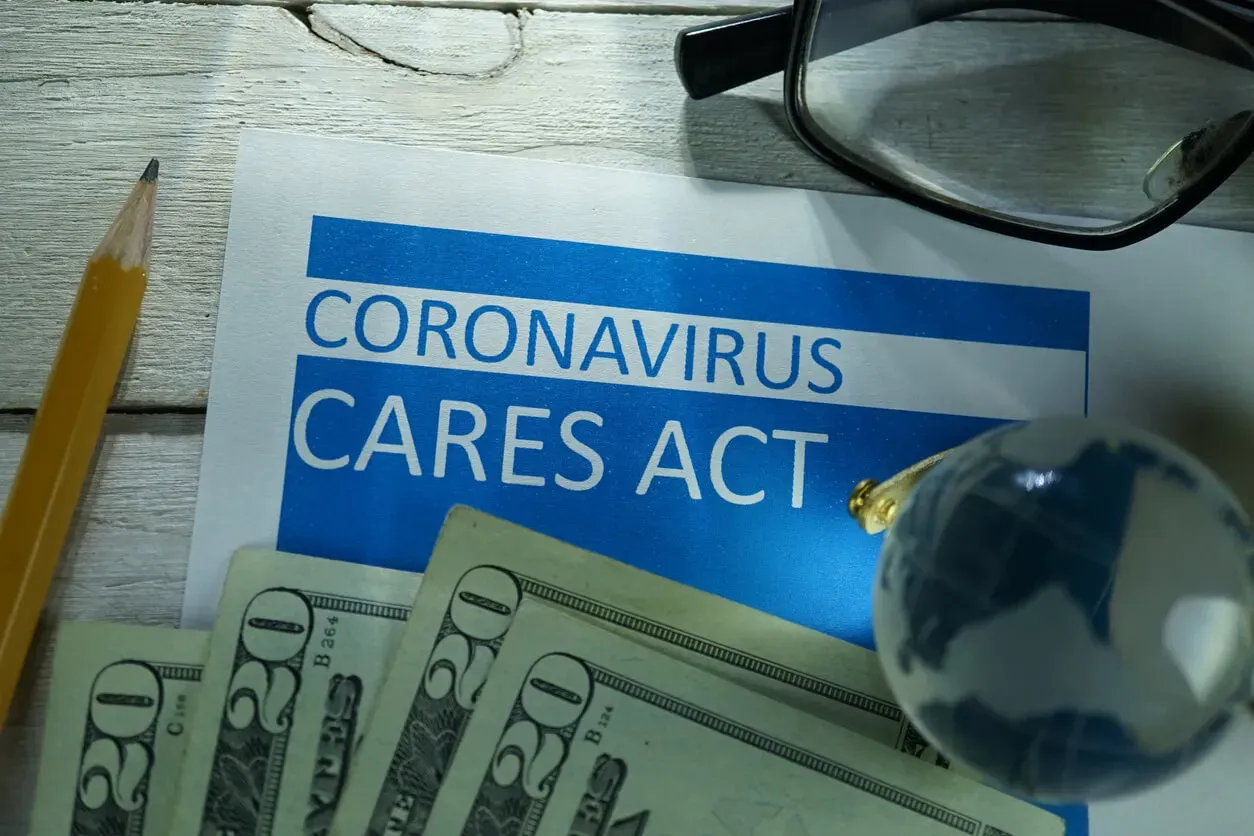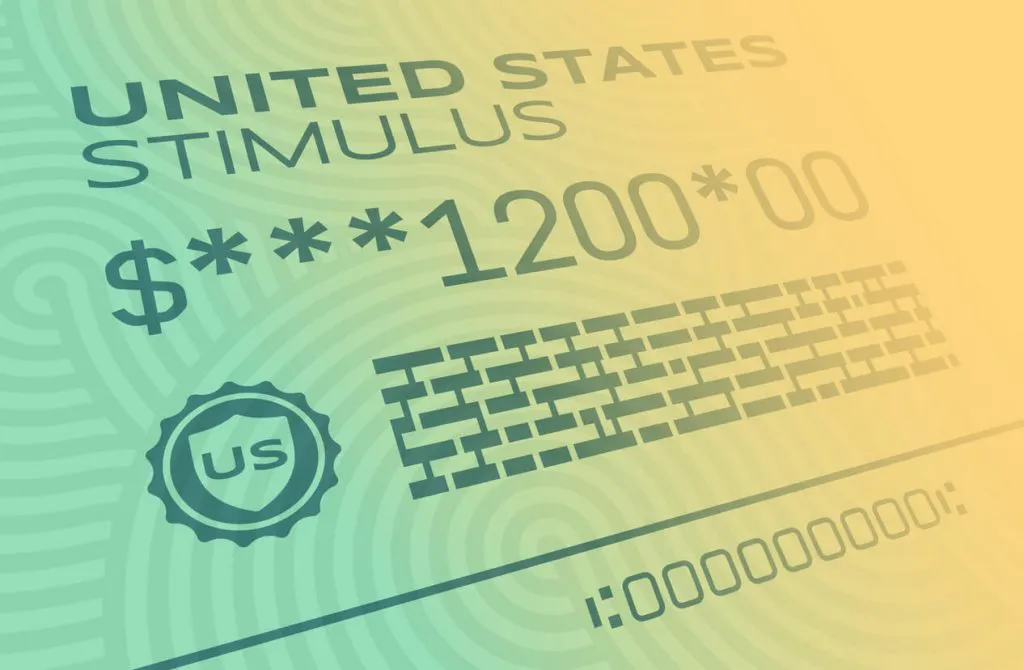Haven’t Received Your Stimulus? Told You’re Ineligible? We Can Help.

As part of the massive 2020 CARES Act, many residents of the United States were to receive a one time $1200 payment to help weather the economic downturn as a result of the COVID-19 pandemic. The IRS sent these payments via direct deposit, paper check, and a small portion by prepaid debit card.
But the CARES Act was passed in March 2020, and if you have not yet received your stimulus payment, you might be concerned that you won’t receive one. Alternatively, you might have been told that you are ineligible to receive a stimulus payment. Either way, you need some guidance about what to do next. Speak with a trusted tax advisor today to learn your best next steps.
Eligibility Is Confusing
While the federal government wanted to get money into consumer’s hands as quickly as possible, this speed created some confusion about who was and was not eligible for the payments. So, let’s recap who is eligible for a stimulus payment under the CARES Act:
- Any single filer earning less than $75,000 would receive a $1200 payment
- A household earning less than $150,000 would receive a $2400 payment
- An additional $500 payment for each qualifying dependent child
If you earn more than any maximum above, your stimulus payment is reduced by 5% of the amount over the threshold. If you make over $99,000 per year as an individual filer, you would not receive any stimulus payment. To be clear, each person should only receive one type of payment, except in the case of dependent children. In other words, you would not receive a stimulus payment of $1200 if you earned less than $75,000 plus a $2400 payment if your household earned under $150,000.
If you are eligible and still have not received your stimulus payment, you can use the IRS Get My Payment Tool to help you figure out when to expect your payment. But what if you have been told you aren’t eligible? That can create more challenges that require some skilled advice.
You May Think You Are Eligible but the IRS Says No
Unfortunately, battling with government agencies can be an extremely time-consuming process. But millions of Americans have not received their stimulus payments yet, even though they have a right to the money. So, what do you do?
First, check that you are actually eligible. Refer back to the list above and make sure you fall into one of those categories. Next, use IRS Get My Payment Tool to check your payment status. If you get a message requesting more information, this isn’t as bad as you might think. In fact, the information the IRS needs may be as simple as updating your bank account information.
Finally, you want to look at your personal circumstances. If, for example, you owe back child support, the government could intercept your stimulus payment and use those funds to bring your child support payments current. Or you may owe back taxes. You may also want to check that the IRS sent your payment to an open account. Today, many of us have a couple of bank accounts and sometimes we close one. Make sure the IRS did not send your payment to a closed account.
You also may be ineligible to receive your stimulus payment because you haven’t filed taxes in the last two years. Even if you were granted an extension, your stimulus payment may be withheld. If you are retired or fall into another category where you are not required to file a tax return, you do not need to file one now just to get a stimulus payment.
No matter what your personal circumstances are for why the IRS thinks you are ineligible to receive a stimulus payment, you need some guidance and some direction besides just hearing the word “no” over and over. When you choose to work with a trusted tax advisor who has read thoroughly and understands the nuances of the CARES Act, you can give yourself the best chance of changing the IRS’ mind about whether you should receive a stimulus check.
Getting a Paper Check
You may not have received your stimulus payment yet because the IRS has no bank account information on file for you. In this case, the IRS has provided information about when people can expect to receive a paper stimulus check.

- Earning $70,000 or less – June 5th
- $80,000 or less – June 12th
- $90,000 or less – June 19th
- $100,000 or less – June 26th
- $110,000 or less – July 3
- $120,000 or less – July 10
- $130,000 – July 17
- $140,000 – July 24
- $150,000 – July 31
- $160,000 – August 7
- $170,000 – August 14
- $180,000 – August 21
- $190,000 – August 28
- $198,000 – September 4
- Everyone else – September 11
Based on this schedule, it is entirely possible that you have not received your stimulus payment yet because the IRS has not sent it to you yet, just like people who may not have received their 2019 tax refund yet. However, you still want to know for sure if you should expect a stimulus payment and when. That’s where the knowledge and skill of a tax advisor can help you. Waiting on hold for hours with the IRS can be maddening. When you contact a tax lawyer to help guide you, not only may they already know the answer you seek but they also have contacts at the IRS to help you get a quick answer to your specific issue.
We Can Help
As trusted tax lawyers, we know the issues which have arisen for people like you in the last few months. Whatever the reason for your stimulus payment not yet showing up in your bank account, we can determine what comes next for you to help you get your stimulus payment as quickly as possible.
Contact us today to see how we can help you get the money you deserve.





Free Consultation 24/7
Chad Silver
Attorney

Silver Tax Group Locations


777 South Flagler Drive
Suite 800 – West Tower
West Palm Beach FL 33401

4005 Guadalupe St
Suite C
Austin, TX 78751


